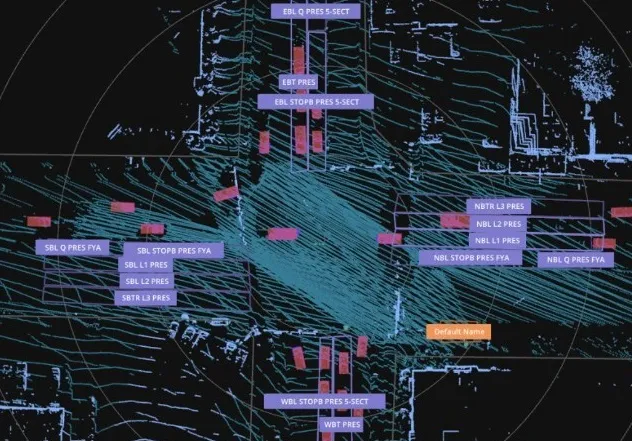Self-driving car software developer nuTonomy is to begin testing its fleet of self-driving cars on specific public streets in a designated area of Boston.
The company has signed a Memorandum of Understanding with the City of Boston and the Massachusetts Department of Transportation that authorises testing of its self-driving Renault Zoe electric vehicle in the city.
nuTonomy equips its vehicles with a software system which has been integrated with high-performance sensing and computing components to e
January 3, 2017
Read time: 2 mins
Self-driving car software developer nuTonomy is to begin testing its fleet of self-driving cars on specific public streets in a designated area of Boston.
The company has signed a Memorandum of Understanding with the City of Boston and the7213 Massachusetts Department of Transportation that authorises testing of its self-driving Renault Zoe electric vehicle in the city.
nuTonomy equips its vehicles with a software system which has been integrated with high-performance sensing and computing components to enable safe operation without a driver.
During the Boston road tests, nuTonomy’s software system will learn local signage and road markings while gaining a deeper understanding of pedestrian, cyclist, and driver behaviour and interaction across a complex urban driving environment.
nuTonomy will monitor and evaluate the performance of its software system throughout this testing phase. An engineer from nuTonomy will ride in the vehicle during testing to observe system performance and assume control if needed.
The company has signed a Memorandum of Understanding with the City of Boston and the
nuTonomy equips its vehicles with a software system which has been integrated with high-performance sensing and computing components to enable safe operation without a driver.
During the Boston road tests, nuTonomy’s software system will learn local signage and road markings while gaining a deeper understanding of pedestrian, cyclist, and driver behaviour and interaction across a complex urban driving environment.
nuTonomy will monitor and evaluate the performance of its software system throughout this testing phase. An engineer from nuTonomy will ride in the vehicle during testing to observe system performance and assume control if needed.








